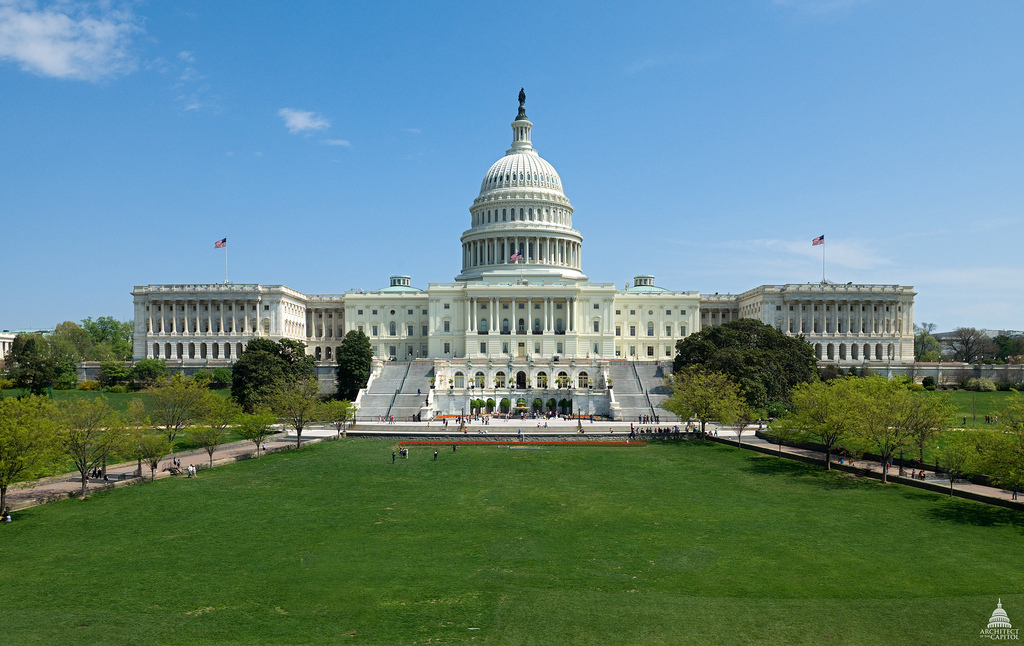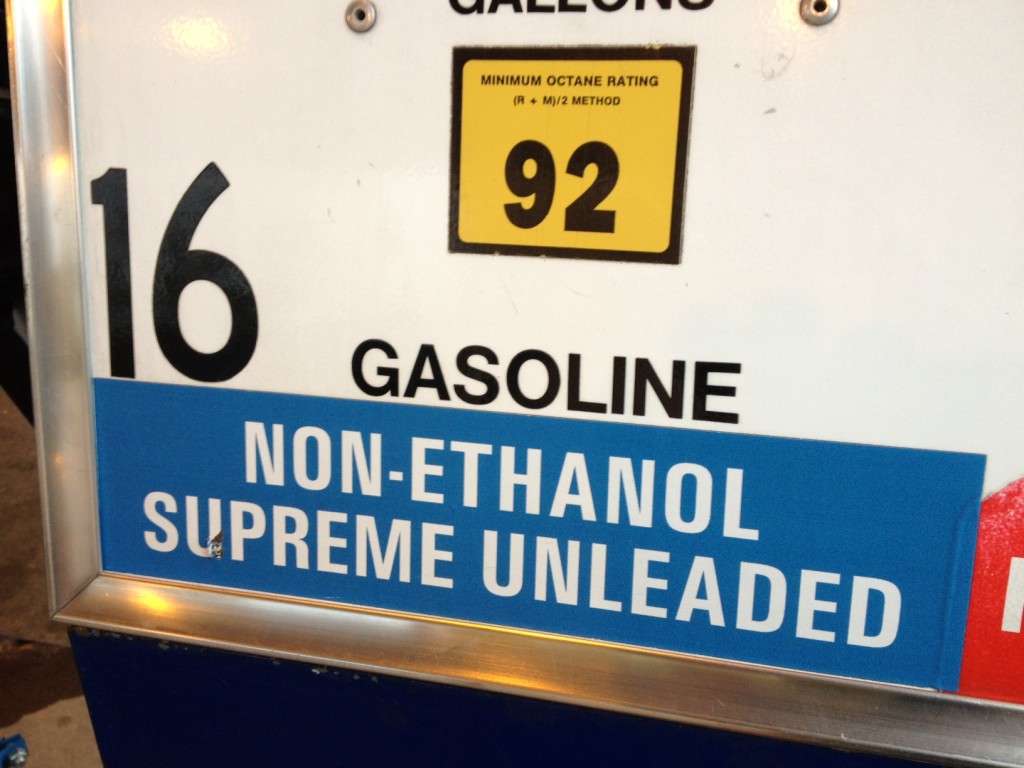As President-elect Donald Trump's inauguration draws closer, confusion still surrounds many of his possible energy policies.
During the campaign, Trump indicated that he supported ethanol, even while he called for expansion of domestic fossil-fuel production.
In January, he said he supported the Renewable Fuel Standard, which mandates that growing volumes of ethanol must be blended into the fuel supply.
DON'T MISS: EPA boosts required 2017 ethanol volume above expected level
But many of Trump's advisors may be less enthusiastic about ethanol.
Billionaire Carl Icahn, a special advisor to Trump and an ethanol critic, said others on the Trump team shared his negative view of the fuel.
Other people on the team "believe ethanol itself does very little" to help the environment, Icahn said in an interview with Bloomberg (via Autoblog).

Oil well (photo by John Hill)
Icahn owns a majority stake in independent oil refiner CVR Energy, and has criticized Renewable Identification Numbers—the currency for ethanol trading—as the "mother of all short squeezes."
The billionaire said this month that he had helped Trump pick Oklahoma Attorney General Scott Pruitt to head the Environmental Protection Agency.
Pruitt has criticized increased ethanol use, and he also refuses to accept the science of climate change.
MORE: Trump's EPA head Pruitt: climate-science denier who sued the EPA many times
Icahn has said the installation of Pruitt won't end the ethanol mandate, but that he expects the burden of compliance to shift further down the distribution chain, to the fuel blenders that combine ethanol with the fuel supply.
He did not name other anti-ethanol members of Trump's team, but the president-elect has appointed numerous executives and officials with ties to the oil industry.
Secretary of state nominee Rex Tillerson is presently the CEO of ExxonMobil, while former Texas Governor Rick Perry—Trump's pick to head the Energy Department—sits on the board of Energy Transfer Partners, the firm trying to complete the controversial 1,200-mile Dakota Access Pipeline that would carry crude oil from North Dakota to Illinois.

U.S. Capitol Building
Ethanol's mission, in the Renewable Fuel Standard adopted a decade ago, was to supplement and displace gasoline in the U.S. fuel mix, which obviously poses competition to the interests of oil companies.
In recent years, Congress has attempted to lower ethanol blending targets, and the standard itself stands on somewhat shaky ground.
When Congress approved the mandate in 2007, it anticipated neither neither overall increases in fuel economy—leading to a corresponding decrease in fuel consumption—nor the emergence of plug-in electric cars.
Because the standard requires fixed volumes of ethanol, the alcohol fuel is required by law to make up far more of the overall supply than projected when gasoline consumption was expected to rise indefinitely.
Nonetheless, the final ethanol volumes for 2017 announced by the EPA last month are higher than those originally proposed in May.
The EPA is now calling for 19.2 billion gallons of ethanol and other biofuels to be blended with the fuel supply in the coming year.

Non-ethanol gasoline pump
That's higher than the 18.8 billion gallons proposed by the agency in May, and a 1.2-billion-gallon increase over 2016.
Whether the specific numbers change or the EPA ends enforcement under Pruitt, or Trump's allies in Congress attempt to abolish the 2007 Energy Security and Independence Act altogether—or something else altogether—remains to be seen.
[hat tip: Brian Henderson]
_______________________________________________












